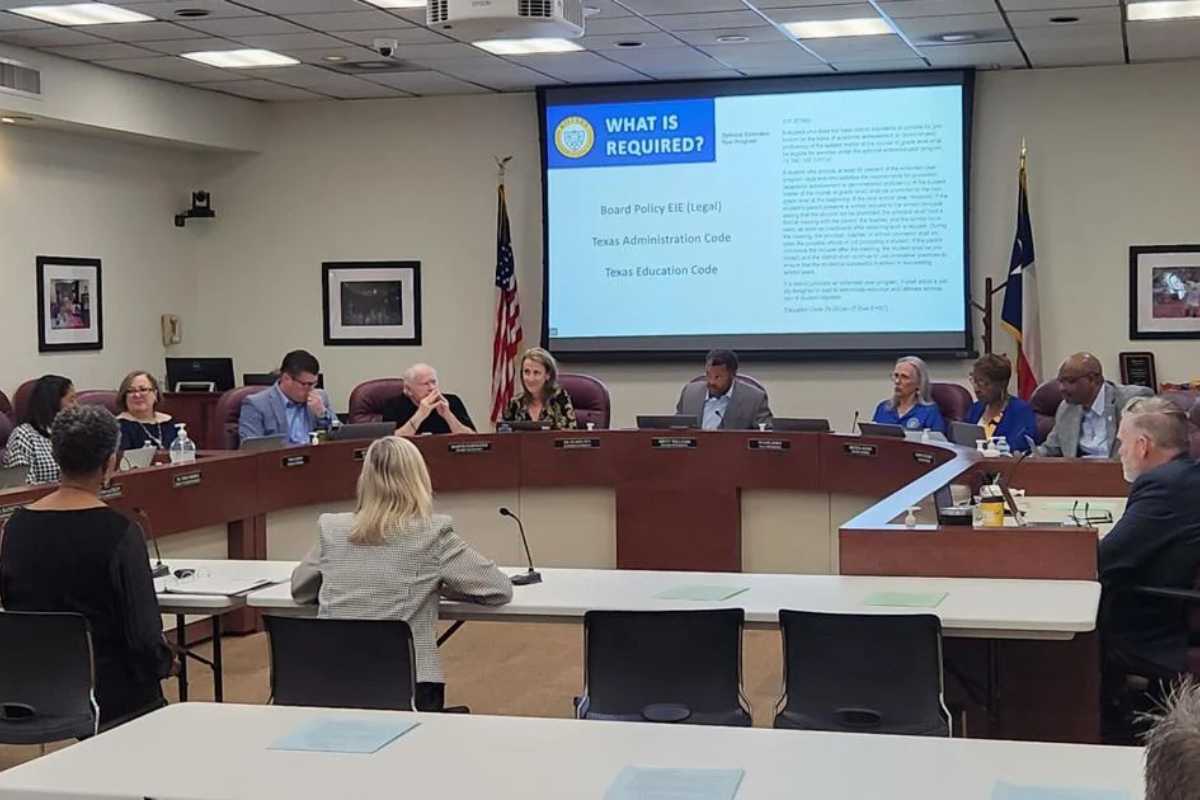High school teachers threatened not to report to work on Thursday, the day before classes began, because negotiations between the Finance Ministry and the Secondary School Teachers Association had not yet resulted in an agreement on pay increases.
Yoav Kisch, the minister of education, stated that there had been no progress made in the overnight negotiations, which were the most recent in a series of intense negotiations this week. The previous collective salary agreement was set to expire in February 2022.
On Thursday morning, Kisch said he would meet with Ran Erez, president of the Secondary School Teachers Association, for a meeting he described as “decisive.”
Teachers in Israel have long complained about low pay, particularly for new high school teachers, and challenging working conditions like a lack of vacation days, overcrowded classrooms due to a staffing shortage, no pay for lengthy preparation work done from home, and a lack of financial benefits and pay raises based on teaching quality.
The extent of the overall rise for high school teachers is the key area where the sides diverge significantly. The association is asking for a NIS 2,000 ($530) increase in the monthly pay for each teacher, down from its earlier proposal of NIS 3,000 ($790), while the treasury is only prepared to make a NIS 1,100 ($290) increase.
High School Teachers on the path to avoid Strike
The government has reportedly just recommended a lower rise than the association requests combined with a cut in their weekly work hours, according to the Israeli newspaper Haaretz. Additionally, the proposal would substitute an hour currently devoted to small-group instruction for kids who require additional support for an additional hour of classroom instruction each week, helping to address the shortfall of teachers in some way.
The Finance Ministry is reportedly seeking a collective agreement that will be in effect for six years, beginning with the last agreement’s expiration date 18 months ago. This would provide an extended period free of strike threats. This is another area of disagreement between the parties, according to the source.
In light of the nation’s “unstable” economy, the teachers union is only willing to sign a 3.5-year contract, meaning that talks would have to start over in a couple of years.
Last weekend, Association Head Erez told Channel 13 News that “September 1 will undoubtedly see a strike.” We are planning for a protracted strike because we are determined not to start the school year.
Israel’s educational system, according to Erez, is “destroyed and deteriorating.”
According to him, 20 percent of teaching positions on staff are unfilled, and “many others are teaching subjects they are not approved to teach, [and] students are being crammed into classrooms to overcome the lack of teachers.”
Every citizen and parent should be concerned about the educational system. Erez declared, “We are the answer, not the problem.
Also Read: Tim Scott Unveiled A New Strategy Centred On Parents’ Involvement In Technology And Education










